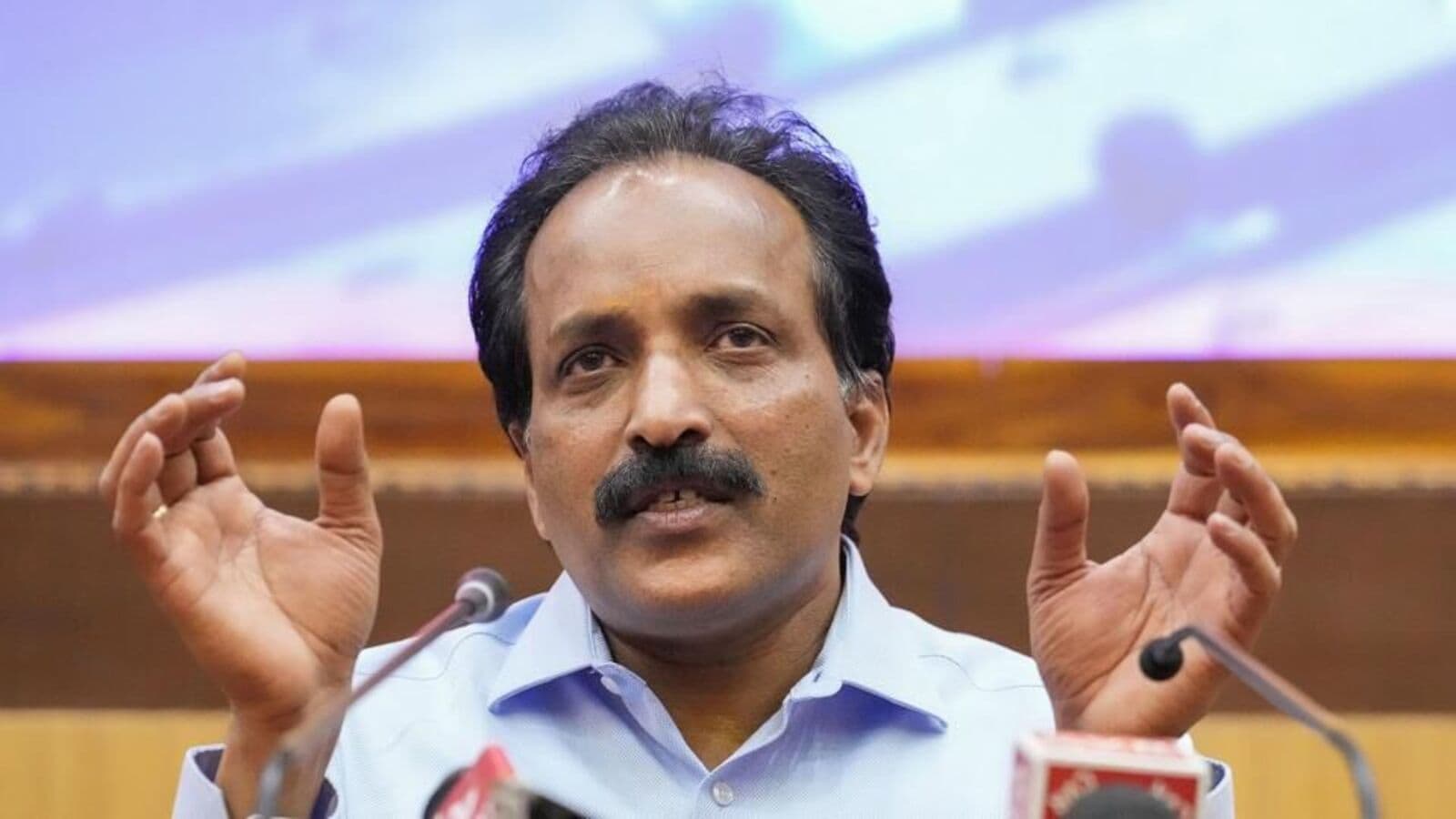New Delhi: The Bharatiya Antariksha Station (BAS), India’s own space station currently at its final approval and engineering stages, is now a top priority for the Department of Space (DoS), according to two senior officials.
With a launch date of 2028 and operational target of 2035 set by the government, the space station can give India global leverage as the International Space Station seems set to be decommissioned by the end of 2030.
“India’s space station will offer our allies in the West a key resource to rely on for global research collaborations,” said one of the officials cited above on the condition of anonymity. “The BAS is being built with completely indigenous engineering, but India remains open to potential global collaborations as and where necessary. Science is a field where development seldom happens in silos, and with the decommissioning of the ISS approaching, the BAS will emerge as the leading platform for global collaboration in space research and engineering.”
Engineering layout presented
At present, the final engineering layout and cost plan for BAS has been presented for the cabinet nod, both the officials said. S Somanath, chairman of Indian Space Research Organisation (Isro), had confirmed it during a press interaction last month.
The BAS is slated to be one of only two nation-operated space stations—with the other being China’s Tiangong Space Station, which came into operation in 2022 and serves only China. Previously, Russia’s Mir space station had served the erstwhile Soviet Union but was decommissioned in 2001.
Private challenge
With China’s diplomatic ties to the West currently strained, India’s government-operated space station may offer considerable geopolitical leverage. But private space station providers may impact India’s projections of what its space station can achieve.
“India is yet to achieve engineering completion of the space station, and right now, its potential is based on what the Centre’s plans are,” said Narayan Prasad Nagendra, chief operating officer at Dutch space supply chain firm Satsearch. “It’s only when the space station becomes operational that we’ll get to see how useful it would be—without the ISS in orbit, there would be some effect that the BAS may have.”
That, however, may not be such a straightforward equation, Nagendra said, citing the rise of privately-operated space stations as a key factor. “It’s not like the US would start immediately relying on India’s space station—today, multiple private firms are in process of deploying their own space stations in orbit, which will sufficiently service US’ National Aeronautics and Space Administration (Nasa)’s scientific space research initiatives. Other nations are pursuing similar objectives, too.”
For instance, the Japan Aerospace Exploration Agency (Jaxa) announced last month that it has contracted a private agency to create a space station module design. However, that is expected to be compatible with a US-owned space station and will be capable of docking into and becoming a sub-division of an in-orbit station.
Another challenge is India’s existing space collaborations—no Indian astronaut has yet featured as part of a research group to the largely Nasa-centric ISS, said an industry executive, who asked not to be identified citing a commercial contract with Isro. “This may not work in India’s favour, since Isro declined to participate in ISS programmes and pursued their own research.”
Isro did not immediately respond to a request for comment until press time.
To be sure, US-based Axiom space signed a commercial contract last month to fly an Indian astronaut to the ISS for the very first time. The mission is expected to take off in October and will spend 14 days docked in space. Nagendra, however, said that this mission will carry little geopolitical of scientific importance “since this will enable any individual with two years of training to go to the ISS, carrying basic experimental payloads and nothing too geopolitically significant.”
Space station economy
Still, others feel that space research and development (R&D) collaboration will bring geopolitical significance to the BAS. Chaitanya Giri, associate professor, space studies at Pune’s Flame University and a space ventures consultant, said a key factor will be the economy that the BAS will build.
“While India’s space station will be of a smaller scale, and there are private commercial space stations coming up, India’s own space station will create an economy of launch supply providers, clothing and other items, which may rope in opportunities for both homegrown and international upstream space companies,” Giri said. “Further, the station will be key for geopolitically collaborative research, where a state-backed space station will be more important than commercial ones.”

























